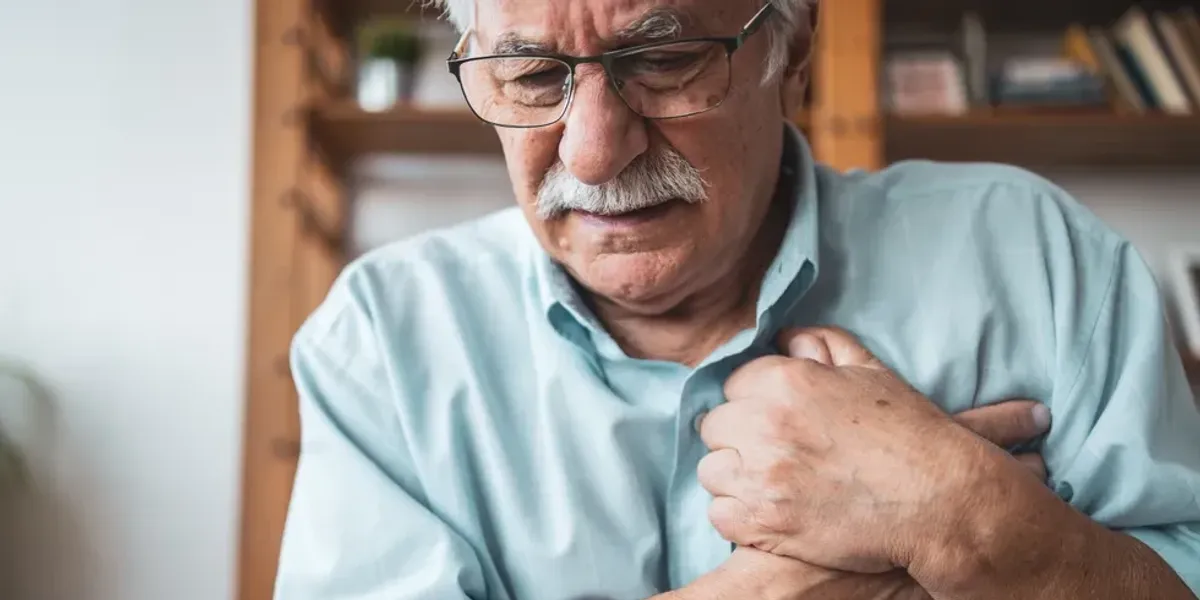Nearly half of all heart attacks occur silently, with victims unaware they’re experiencing a potentially fatal cardiac event, an expert has warned.
These ‘silent’ heart attacks can be just as dangerous as dramatic episodes, yet they frequently go undetected until serious complications develop.
An estimated 300,000 people in the UK are potentially affected by fatal heart disease, with a third unaware of their condition.
Recent NHS England data shows 45 per cent of adults lack confidence in recognising heart attack signs, rising to 51 per cent among the over-55s.
Silent heart attacks are dangerously common
GETTY
Over a third would not call 999 for chest pain.
Cardiac surgeon Inder Birdi, with over 20 years of experience in keyhole heart surgery, warns that silent heart attacks are dangerously common.
“It’s shocking how many people experience heart attacks without knowing. Instead, they mistake the symptoms for something minor – indigestion, fatigue, or even just stress,” explained Birdi.
Mild chest discomfort, often mistaken for heartburn, can be a crucial warning sign, presenting as pressure or tightness in waves.
Pain may radiate to the arms, back, neck, jaw, or stomach, while unexplained shortness of breath – whether at rest or after minimal activity – shouldn’t be ignored.
Unusual fatigue during once-manageable tasks could indicate reduced blood flow to the heart, particularly in women.
Nausea, vomiting, or burning stomach sensations are often confused with digestive issues.
Sudden cold sweats and unexplained dizziness, especially alongside other symptoms, are additional warning signs requiring medical attention.
Sudden cold sweats and chest pain required medical attention
GETTY
Women face a particularly high risk, with 75 per cent of female heart attacks being silent, compared to 58 per cent in men.
“Studies have shown that people who have silent heart attacks are at the same risk of dying within a decade as those who experience traditional heart attacks,” warned Birdi.
“If something feels off, trust your instincts and get checked out. It’s always better to be safe than sorry when it comes to your heart.”
The damage to the heart builds up over time without treatment, increasing the risk of heart failure or a more severe attack later.










